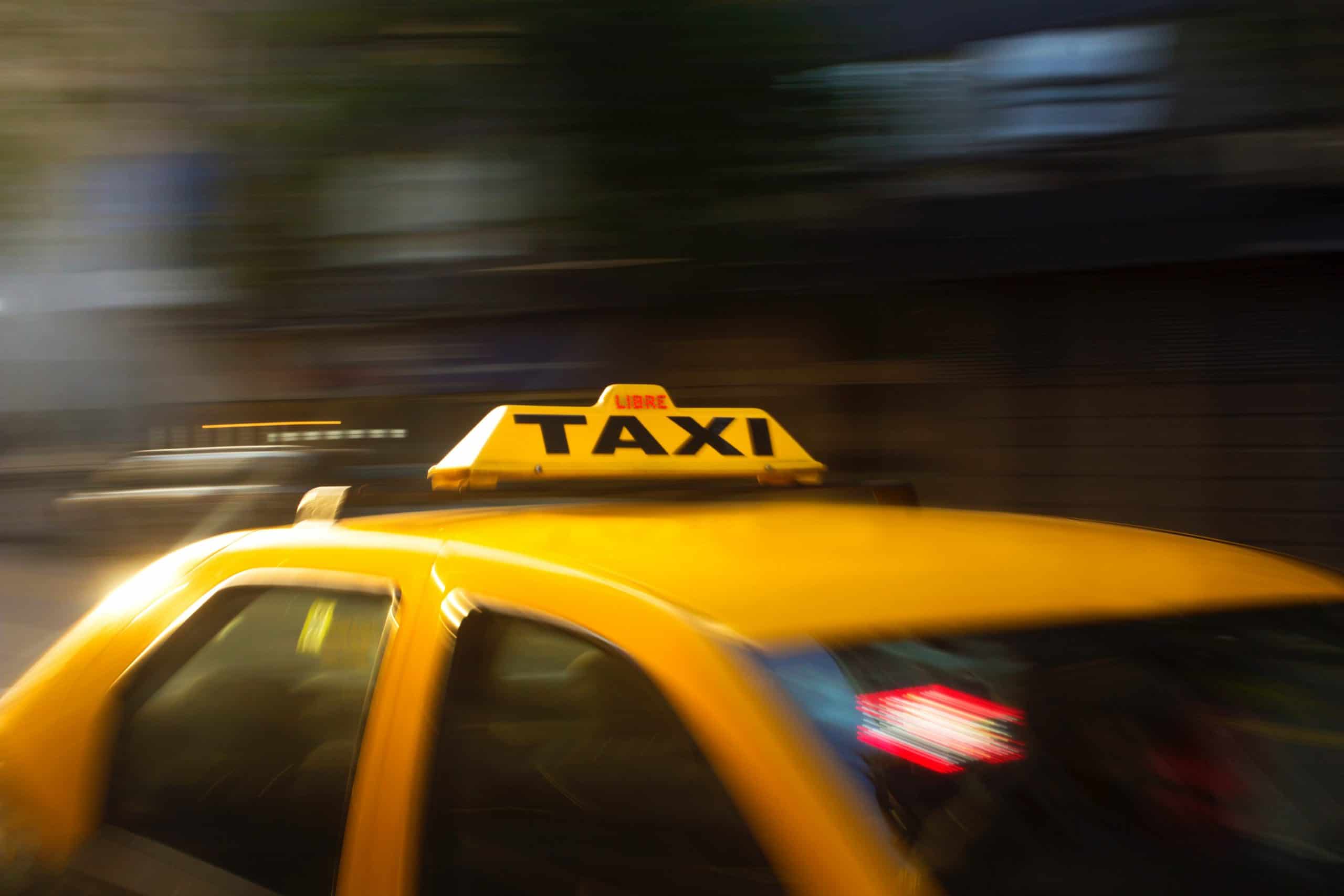
To Uber or not to Uber?
The news of Uber losing its London license last week came as a shock to many, a sizeable number of whom will mourn the loss of their low-cost, always-just-around-the-corner ride. Since then we’ve seen celebration by black cab drivers, a petition to save Uber backed by thousands, followed by a rare apology from the firm and a hunt for a new UK chairman – all whilst the company steels itself for what will inevitably prove a turbulent tribunal process.
London is not the first city to square up to Uber; the app’s global success has long been marred by protests, legal wranglings and permanent bans of its operation. Recent events at home reminded me of an experience with the company whilst on holiday in Bali last week, a peaceful, postcard-perfect Indonesian isle which I learnt is no exception to this controversy.
Loved by consumers, loathed by taxi drivers, Uber is now available in over 724 cities and 84 countries worldwide. What began as a ride hailing app for premium cars in select areas in the US is now rapidly replacing traditional taxi services as the go-to mode of paid-for transport. The service has also spread its technological tentacles into logistics, and now offers food delivery through UberEATS as well as a growing delivery network for small businesses.
It has even achieved the verb status much hallowed by start-ups, joining the ranks of Google, Instagram and Skype. Passengers benefit from instant notifications, driver ratings, real time journey information, mobile payments and ride sharing, for a lower rate than traditional taxi and minicab services. Embracing Uber in Bali last week meant I paid half the cost quoted (post-haggling) by a taxi driver, for the same journey. What’s not to love?
Well for a start, waiting for and alighting from my Indonesian Uber was a somewhat uncomfortable and illicit process. Although not banned by law, many vigilante hotels and restaurants have erected signs outside their premises forbidding Ubers from stopping or picking up passengers. Their allegiance to local drivers outpriced by OTT competition is part of a wider backlash: Uber was forced out of Denmark after taxi meters were made mandatory in 2014, temporary bans have been enforced in Italy, France, Spain and Finland. Australia’s Northern Territory government remains in a stalemate with the company over regulatory changes required to allow its operation. And now London is baring its teeth.
Fortunately, my Bali hotel did not debar me for dabbling with the dark side of taxi transportation. But is the attitude of the hospitality industry on the island – as elsewhere – merited? My Uber driver also worked for a tour company, and accepted lifts through the Uber app or in cash, therefore keeping 100% of the profits. I get a cheaper journey, he earns some extra money on the side: win-win. Those who lose are the taxi drivers who quote inflated rates, take advantage of unsavvy travellers and whose industry has not been unfairly decimated, but rather exposed as unfairly overpricing consumers.
Yet this is far from the whole story. The opposing argument is that driving down costs for services and products – at any cost – are symptoms of bloated consumerism and savage capitalism. Why should anyone pay more than the lowest possible price for a taxi ride – or anything? Well, to ensure that services are of a certain quality, that workers’ rights and wellbeing are safeguarded, and that the correct taxes are paid. Cheap may be cheerful for the corporate CEOs and the service end-user, but rarely does it indicate the ethical treatment of all in a production line.
It’s a tricky one. Whilst Uber has been accused of exploiting its workers, my Balinese driver said that his decision to ‘work for’ the company was simply him adapting to consumer demand, and that it is in fact the regulated taxi firms which often exploit their passengers.
The future of Uber in Bali and London – as in many other locations across the globe – is far from guaranteed. Legal cases will no doubt continue to be brought against the tech firm and cab drivers will no doubt continue to hold protests. However, consumers will also continue to demand and use services for the lowest cost and at the most convenience, and the firm’s might will ensure its vehicles are on the road until legal cases conclude. Which means we’ll be Uber-ing in Bali and London for the foreseeable future.





